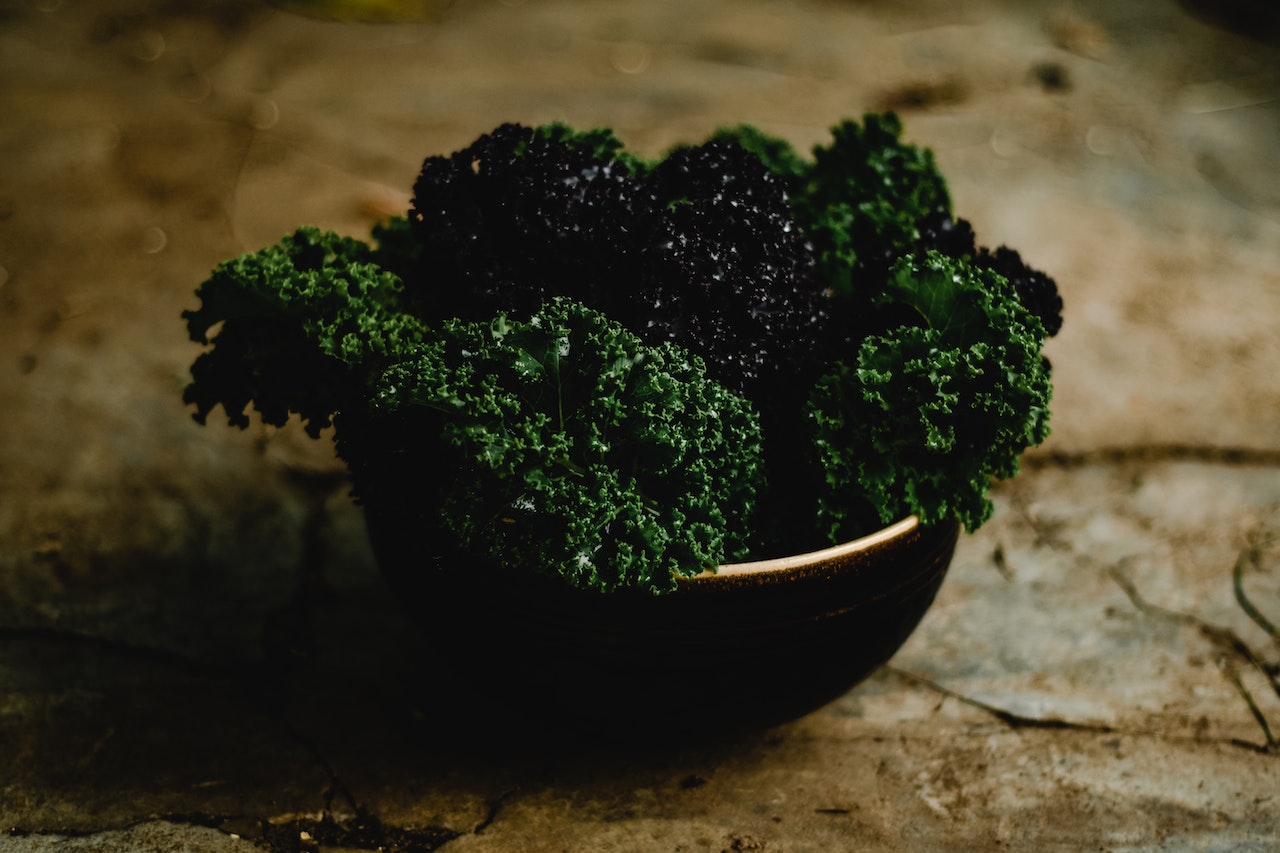Best Health Benefits of Kale
Kale is a green, leafy vegetable that is packed with essential vitamins, minerals, and antioxidants. It has been touted as a superfood for its many health benefits, which include the promotion of a healthy heart, improved digestion, weight loss, and protection from various forms of cancer. In addition, kale is an excellent source of dietary fiber, calcium, and vitamin C.
1. Heart Health
Kale is an excellent source of dietary fiber, which can help to reduce bad cholesterol levels in the body, thus reducing the risk of heart disease. Additionally, kale contains a compound called lutein, which is believed to help reduce the risk of atherosclerosis, or hardening of the arteries.
2. Improved Digestion
Kale is high in insoluble fiber, which helps to improve digestion by stimulating the muscles in the intestines. This helps to keep the digestive system functioning properly and can help to reduce the risk of digestive issues such as constipation and bloating.
3. Weight Loss
Kale is low in calories and high in fiber, making it an ideal food for those trying to lose weight. The high fiber content helps to keep you feeling full for longer and can help to reduce cravings for unhealthy foods.
4. Cancer Prevention
Kale is rich in antioxidants, including carotenoids and flavonoids, which can help to protect the body from certain forms of cancer. Studies have found that those who eat more fruits and vegetables, including kale, have a lower risk of certain forms of cancer, such as colon and breast cancer.
5. Reduced Inflammation
Kale is rich in omega-3 fatty acids, which can help to reduce inflammation in the body. This can help to reduce the risk of many chronic diseases, such as arthritis and heart disease.
6. Bone Health
Kale is a great source of calcium, which is essential for strong bones and teeth. It is also a good source of vitamin K, which helps to increase calcium absorption in the body.

7. Improved Brain Function
Kale is high in vitamin K, which is necessary for the production of sphingolipids, a type of fat found in the brain. These fats are essential for proper brain function and may help to reduce the risk of Alzheimer’s disease.
8. Improved Vision
Kale is an excellent source of vitamin A, which is important for good vision. Vitamin A helps to keep the eyes healthy and can help to reduce the risk of certain eye diseases, such as macular degeneration.
9. Reduced Risk of Diabetes
Kale is high in magnesium, which helps to regulate blood sugar levels. This can help to reduce the risk of type 2 diabetes.
10. Improved Immune System
Kale is high in vitamin C, which is necessary for a strong immune system. Vitamin C helps to protect the body from infections and can help to reduce the severity of cold and flu symptoms.
11. Healthy Hair and Skin
Kale is rich in vitamin A, which is important for healthy skin and hair. Vitamin A helps to keep the skin hydrated and can help to reduce acne and wrinkles.
12. Improved Mood
Kale is high in folate, which is necessary for the production of serotonin, a hormone that helps to regulate mood. Eating kale can help to improve your mood and can help to reduce the risk of depression.

13. Reduced Risk of Osteoporosis
Kale is a good source of calcium and vitamin K, which are both important for healthy bones. Eating kale can help to reduce the risk of osteoporosis, a condition that causes bones to become weak and brittle.
14. Healthy Kidneys
Kale is high in potassium, which helps to regulate the balance of fluids in the body. This can help to reduce the risk of kidney stones and other kidney problems.
15. Healthy Gut
Kale is rich in probiotics, which are beneficial bacteria that help to keep the gut healthy. Eating kale can help to improve digestion and can reduce the risk of digestive issues.
16. Improved Blood Pressure
Kale is high in potassium, which helps to relax blood vessels and can help to reduce high blood pressure.
17. Reduced Risk of Anemia
Kale is high in iron, which is important for the production of red blood cells. Eating kale can help to reduce the risk of anemia, a condition that causes fatigue and other health problems.
18. Improved Energy
Kale is high in B vitamins, which are necessary for energy production. Eating kale can help to improve your energy levels and can help to reduce fatigue.
19. Healthy Liver
Kale is rich in antioxidants, which can help to protect the liver from damage. This can help to reduce the risk of liver disease.
20. Reduced Risk of Asthma
Kale is high in vitamin C, which is believed to help reduce the risk of asthma. Eating kale can help to reduce the severity of asthma symptoms.
21. Healthy Thyroid
Kale is a good source of iodine, which is important for healthy thyroid function. Eating kale can help to reduce the risk of thyroid problems.
22. Improved Iron Levels
Kale is high in iron, which is important for the production of hemoglobin. Eating kale can help to improve iron levels, which can help to reduce the risk of anemia and other health problems.
23. Reduced Stress
Kale is high in magnesium, which helps to relax the body and can help to reduce stress.
24. Healthy Reproductive System
Kale is high in folate, which is necessary for the production of healthy sperm cells. Eating kale can help to reduce the risk of infertility.
25. Reduced Risk of Obesity
Kale is low in calories and high in fiber, making it an ideal food for those trying to lose weight. Eating kale can help to reduce the risk of obesity.



4 thoughts on “Best Health Benefits of Kale”